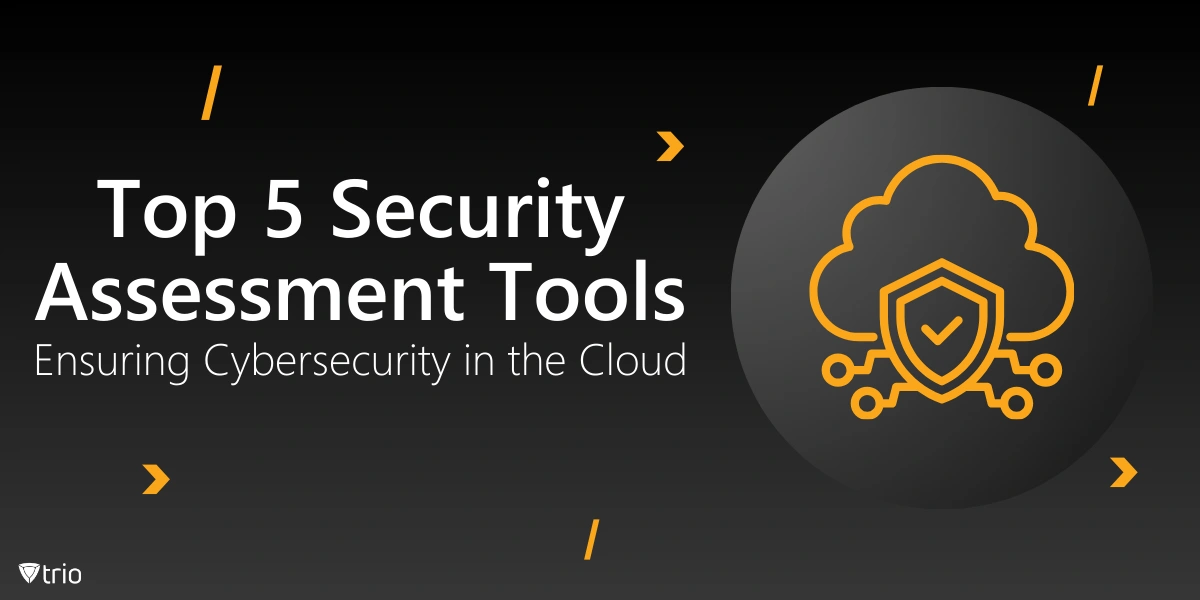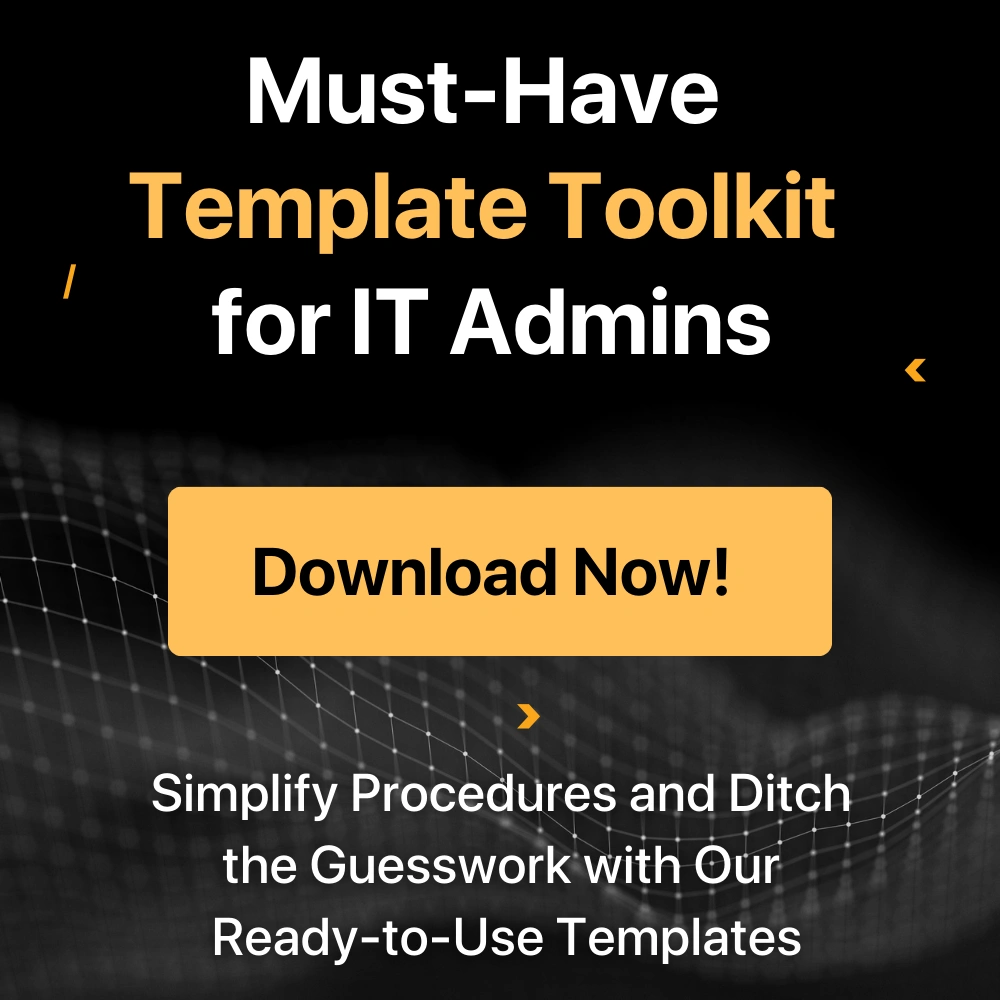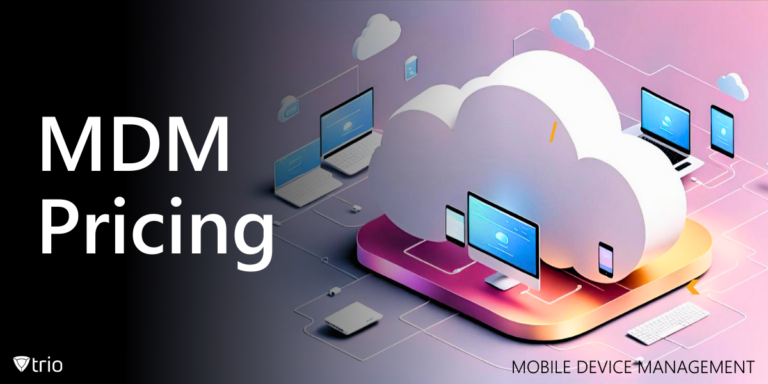Businesses face a constant barrage of cyber threats and cyber-attacks that can compromise sensitive data and disrupt operations. The staggering global average cost of a data breach in 2024 is USD 4.88M according to IBM. A security assessment tool is essential in identifying vulnerabilities, guiding IT risk management, and reinforcing your security measures. For businesses, particularly those leveraging cloud services, investing in these tools is crucial for effective data protection and ensuring a resilient security posture.
What Are Security Assessment Tools?
Security assessment tools are your frontline defenders in the digital world, designed to protect your data and systems from lurking threats. These tools are essentially specialized security assessment software that scans your network, applications, and devices to identify vulnerabilities. They play a crucial role in detection and response, alerting you to potential threats before they can cause harm. For instance, a robust firewall might block unauthorized access, but it’s these tools that dig deeper, ensuring that your cybersecurity incident response plan is well-prepared for any unexpected breach.
When it comes to types, security assessment tools come in various flavors to match your specific needs. You have cloud security assessment tools, which are perfect for protecting data in cloud environments, and on-premise security tools for safeguarding your local networks. Then there are hybrid tools, combining the best of both worlds, ensuring no corner of your digital ecosystem is left unchecked.
The Growing Need for Cloud Security Assessment Tools
With businesses rapidly migrating to the cloud, the need for security has never been more critical. More companies shift their operations to cloud infrastructure, so the risks of exposing sensitive data increase. The flexibility and scalability of a cloud environment are undeniable, but these advantages come with new challenges that require constant vigilance.
Cloud-specific vulnerabilities, like unauthorized access, have become more prevalent, creating an attackable surface that hackers are eager to exploit. A simple web application running in the cloud can be a gateway for threats if not properly secured. Effective cyber threat management now hinges on identifying and addressing these unique risks before they can be exploited.
This is why regular security assessments in the cloud are essential. Cloud security assessment tools enable real-time monitoring and defense strategies. By consistently using these tools, businesses can stay ahead of potential threats and ensure that their cloud environment remains secure against attacks.

Top 5 Best Security Assessment Tools
When it comes to securing your organization’s digital infrastructure, these tools form the backbone of your cyber defense strategy, enabling detection, analysis, and remediation of potential threats. Below is a cybersecurity tools list you should consider integrating into your cybersecurity framework.
-
Vulnerability Scanners
Vulnerability scanners are essential tools that scan your network, systems, and applications for known vulnerabilities. These tools identify security weaknesses, such as outdated software, misconfigurations, and missing patches, which could be exploited by attackers. By running regular scans, vulnerability scanners provide a comprehensive view of your system’s security posture and help prioritize remediation efforts based on the severity of the risks.
-
Penetration Testing Tools
Penetration testing tools, or pen-testing tools, simulate real-world cyberattacks on your systems to uncover vulnerabilities that might not be detected by automated scanners. These tools help you understand how an attacker could exploit these vulnerabilities and assess the effectiveness of your existing security measures. Pen-testing tools are invaluable for businesses looking to gain deeper insights into their security defenses and prepare their security team for real-life attack scenarios.
-
Security Information and Event Management (SIEM) Tools
SIEM tools are critical for monitoring and analyzing security events in real-time. They collect and aggregate data from various sources, such as firewalls, antivirus software, and intrusion detection systems, to provide a centralized view of your security landscape. By analyzing this data, SIEM tools can detect and respond to potential threats quickly, helping your organization mitigate risks before they escalate into major security incidents.
-
Compliance Management Tools
Compliance management tools are designed to ensure that your organization adheres to industry standards and regulatory requirements, such as GDPR, HIPAA, or PCI DSS. These tools automate the process of auditing and reporting, making it easier for your organization to stay compliant. They also help in identifying compliance gaps, ensuring that your cybersecurity practices align with legal and industry expectations, thus minimizing the risk of legal penalties.
-
Configuration Management Tools
Configuration management tools are used to manage and monitor the configurations of your IT assets to ensure they meet security policies and best practices. These tools automatically detect and alert you to unauthorized changes, misconfigurations, or deviations from baseline configurations, which could introduce vulnerabilities. By maintaining secure configurations, these tools help reduce the attackable surface of your network.
Focus on Adaptability and Compliance
Choosing the right combination of these tools is crucial for maintaining a robust security posture. It’s not just about detecting and responding to threats; it’s about ensuring your organization is prepared to adapt to new challenges and meet industry standards. By integrating these tools, you’re not just protecting your data—you’re building a resilient security framework that evolves alongside the ever-changing threat landscape.
How to Choose the Best Security Assessment Tools
Choosing the right security assessment tool is all about understanding your unique needs. Start by assessing your business’s specific requirements—think about your industry type, the sensitivity of your data, and how much you rely on cloud services. These factors will determine the level of protection you need against potential data breaches. Don’t forget the human element; fostering a human firewall through training is just as crucial.
When evaluating tools, prioritize ease of use, integration capabilities, and real-time monitoring. Scalability is another critical factor, especially as your business grows. A tool that meets today’s needs but can’t adapt won’t serve you well in the long run.
Lastly, take advantage of free trials or demos from a cybersecurity tools list to see which tool aligns best with your needs before committing. Hands-on experience will help you gauge if a tool truly fits into your security framework.

Integrating Security Assessment Tools With MDM Solutions
Integrating Mobile Device Management (MDM) with security assessment tools can elevate your security operations to new heights, especially if your workforce is mobile. MDM solutions, when combined with robust security tools, create a comprehensive shield that covers both stationary and mobile assets.
Take, for instance, our product Trio, which offers seamless integration between MDM and security assessment, enhancing detection and response capabilities. Try our free demo to experience how Trio can fortify your organization’s mobile security.
See Trio in Action: Get Your Free Trial Now!
Conclusion: Staying Ahead in Cybersecurity
In today’s digital landscape, using the best security assessment tools is essential to safeguarding your business. These tools are your first line of defense against ever-evolving cyber threats, helping you identify vulnerabilities before they can be exploited. But it doesn’t stop there—continuous evaluation and upgrading of your security assessment software is crucial to stay ahead of potential risks.
Get Ahead of the Curve
Every organization today needs a solution to automate time-consuming tasks and strengthen security.
Without the right tools, manual processes drain resources and leave gaps in protection. Trio MDM is designed to solve this problem, automating key tasks, boosting security, and ensuring compliance with ease.
Don't let inefficiencies hold you back. Learn how Trio MDM can revolutionize your IT operations or request a free trial today!




